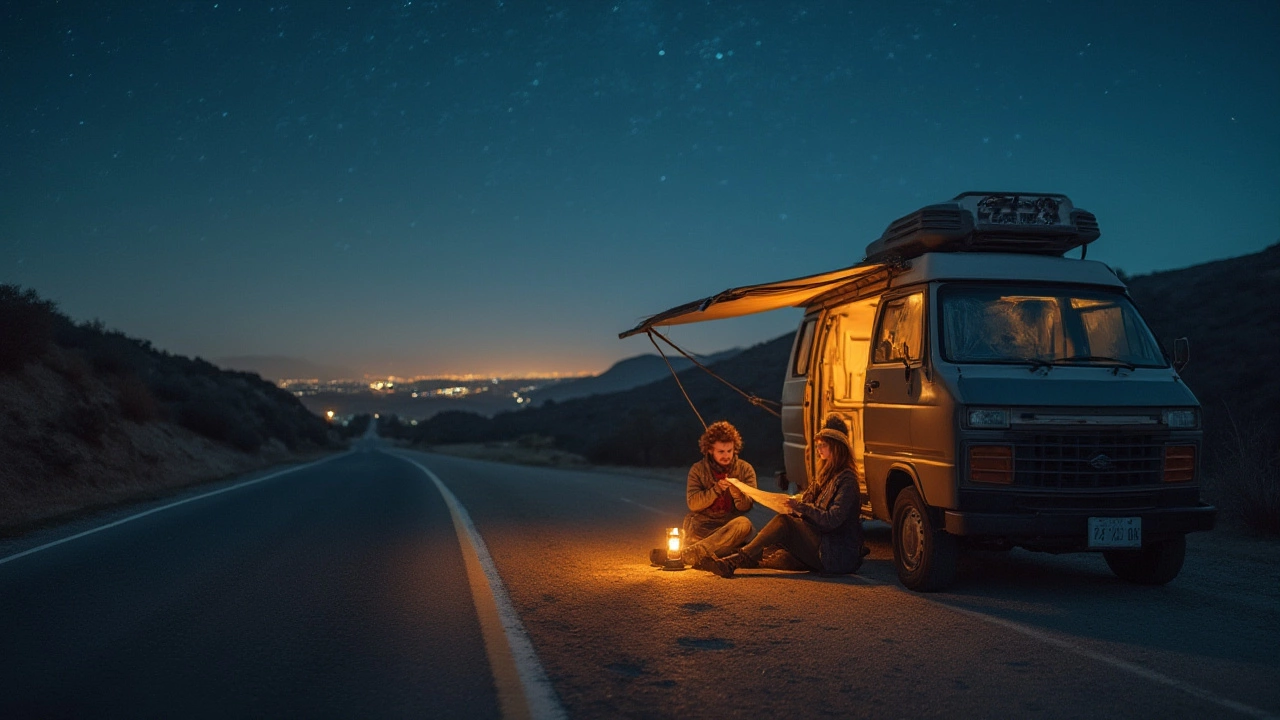Car Camping California: Where to Sleep, What’s Legal, and How to Do It Cheap
If you love the open road and want to save on hotels, car camping in California is a solid option. You can roll into a coastal town, park by the waves, and fall asleep to ocean sounds without spending a fortune. The state offers a mix of free beach spots, paid campgrounds, and hidden pull‑outs that work for a night or two. This guide shows you the most reliable places, the rules you need to follow, and simple tips to stay comfortable and safe.
Best Spots to Park and Sleep
Not every California beach lets you park overnight, but a handful do. Start with the north coast – places like Mendocino and Fort Bragg have street parking zones where police usually turn a blind eye if you’re respectful. Look for streets without “No Overnight Parking” signs and keep lights off after dark.
Further south, the San Diego area offers Silver Strand State Beach where you can park on the lot for a small fee and set up a rooftop tent or simply sleep in your car. If you want a free option, try the public parking lot at Torrey Pines near the trailhead; you’ll need to leave before sunrise to avoid a ticket.
On the central coast, Pismo Beach has a municipal lot that allows overnight stays for a modest nightly charge. The lot is close to the boardwalk, so you get easy access to showers and food trucks. When you’re near Santa Cruz, the Pacific Avenue parking garage lets you pull in after 10 pm and leave before 6 am – perfect for a quick beach night.
Keep an eye out for state‑run “Free Camping” sites like the one at San Bernardino National Forest. These are primitive pull‑outs where you can park your car, but there are no hookups or restrooms. Bring a portable toilet and a trash bag, and you’ll be fine.
Legal Tips & Safety Basics
California’s parking laws vary city by city. The safest bet is to look for signage that says “No Overnight Parking” or “24‑hour Parking”. If a sign is missing, assume it’s allowed, but double‑check with a quick call to the local police non‑emergency line. In many beach towns, a verbal warning from a patrol officer means you should move on the next day.
Never park on private property without permission – a quick “Can I stay here tonight?” can save you a fine. When you’re on public land, keep your car locked, lights off, and windows slightly cracked for ventilation. Use a window shade or a reflective sunshade to block early morning glare.
Security is another concern. Choose spots with some foot traffic or nearby businesses, even if they close early. A cheap lockable cargo box can store valuables out of sight. If you’re traveling alone, let a friend know your exact location and expected arrival time.
Finally, respect the environment. Pack out everything you bring in, use designated trash cans, and avoid damaging dunes or vegetation. A clean campsite means crews won’t flag your spot for removal, and future campers get the same chance to enjoy the beach.
With the right planning, car camping in California can be a cheap, flexible way to explore the coastline. Pick a legal spot, follow the basic safety rules, and you’ll wake up to the sound of waves without breaking the bank.
-
 VIEW POST
VIEW POSTCan You Legally Sleep on the Side of the Road in California? Rules, Risks, and Realities
Jul, 31 2025|0 CommentsCurious if you can legally sleep on the side of the road in California? This article explains laws, risks, and smart tips for road trippers and urban campers.